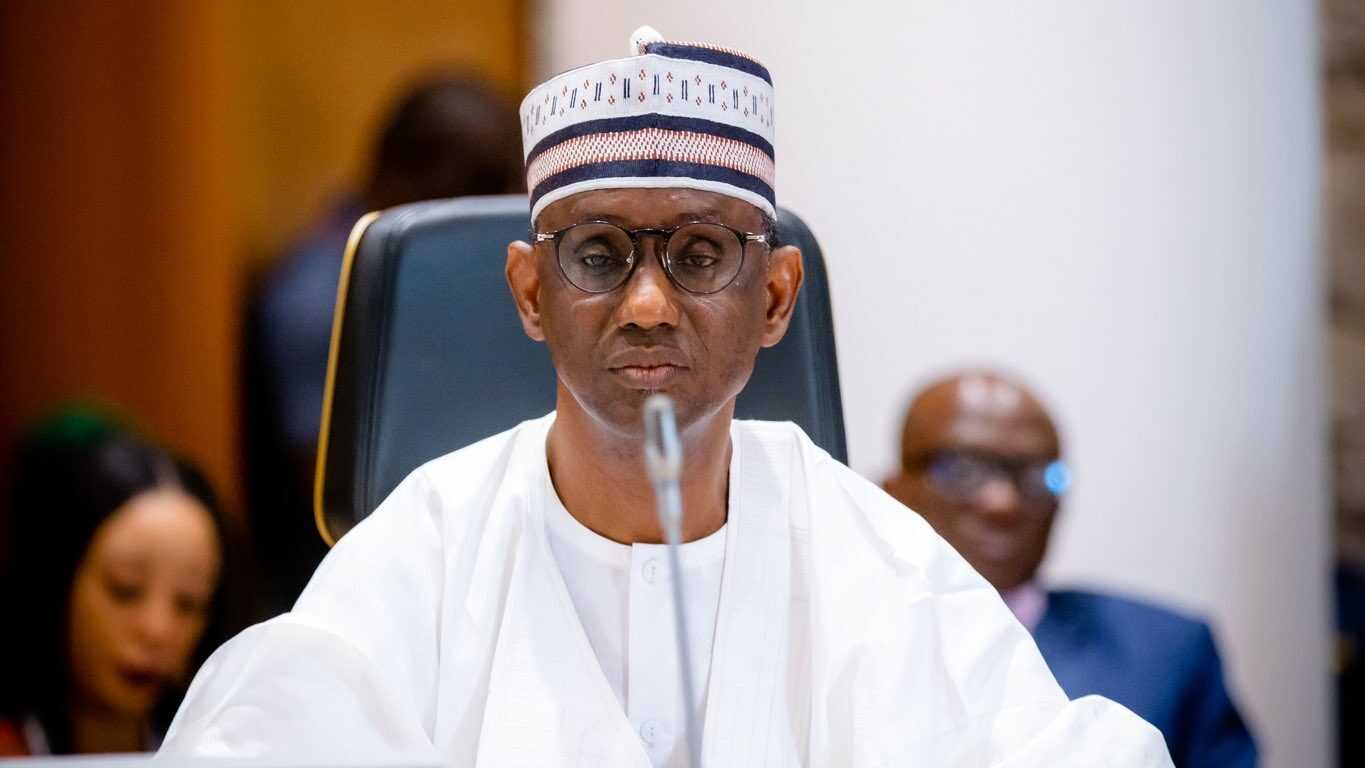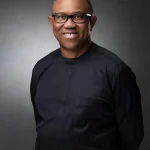The National Security Adviser (NSA), Nuhu Ribadu, has issued a strong warning to state governments across Nigeria to stop the arbitrary closure of telecommunications sites over revenue or local disputes, stressing that such actions threaten the nation’s digital progress, economic expansion, and national security.
Ribadu, who was represented by Enebong Effiom, Director of Critical National Assets and Infrastructure Protection at the Office of the National Security Adviser, made this appeal on Wednesday in Abuja during a Business Roundtable on Improving Investments in Broadband Connectivity and Safeguarding Critical National Infrastructure.
According to him, the country’s broadband infrastructure should be treated as a national priority and not as a source of immediate revenue. He said that multiple taxation, inconsistent right-of-way (RoW) charges, and site closures were discouraging private sector investment and delaying Nigeria’s broadband development.
“In fact, aside from the right-of-way issues, there is this idea by states where they want to generate revenue with the state’s internal security architecture, consult some figures, and then before you know it, the sites are closed and we’ve had to intervene in such instances,” Ribadu stated.
He urged states to discontinue such practices, explaining that many local authorities fail to understand the long-term implications of these actions.
“We hope that at the end of this engagement, such actions will stop, because these state security structures do not understand the implications. They think they are helping their bosses, whereas they are actually limiting the potential of the states and constraining economic development within the country,” he added.
Okay News reports that the warning comes at a crucial time when the Federal Government and the Nigerian Communications Commission (NCC) are working toward achieving the National Broadband Plan (NBP) 2020–2025, which targets 70 per cent broadband penetration. Currently, Nigeria’s broadband coverage stands at about 40 per cent, far below the national target.
Ribadu emphasized that broadband access has become central to education, innovation, and livelihood opportunities, noting that the ability of a state to embrace digital inclusion will determine its level of development.
“In a few years, digital transformation will be a measure of developing states, and for citizens, it will define access to opportunities, education, and livelihood. Consequently, the states that prioritise broadband and digital inclusion will meet the needs of national growth and those that are not will be left behind,” he said.
The NSA further highlighted research showing that every 10 per cent increase in broadband penetration can boost national Gross Domestic Product (GDP) by between 2.6 and 3.8 per cent, warning that short-term revenue generation at the expense of telecom growth denies states of that leverage.
Governors Pledge Commitment to Broadband Infrastructure
The Chairman of the Nigeria Governors’ Forum (NGF) and Governor of Kwara State, AbdulRahman AbdulRazaq, reaffirmed the commitment of state governments to support broadband infrastructure. Represented by Dr Abdulateef Shittu, Director-General of the NGF, the governor noted that broadband expansion was central to Nigeria’s economic and social transformation.
“Broadband connectivity is an essential part of infrastructure and the backbone of our social and economic future. It powers our digital economy and sustains the cyber sector, which now contributes more than half of our national GDP,” AbdulRazaq stated.
He added that several states had streamlined right-of-way administration and were strengthening their security architecture to prevent vandalism of critical telecom assets.
“States are strengthening their security architecture to safeguard broadband access, extending surveillance to local policing, corps and vigilantes, and working with community leaders to provide real-time intelligence against vandalism,” he explained.
NCC Advocates Uniform Right-of-Way Policies
Also speaking at the event, Dr Aminu Maida, Executive Vice Chairman of the Nigerian Communications Commission (NCC), urged state governments to harmonise their RoW policies, adopt investor-friendly regulations, and secure telecommunications infrastructure from vandalism.
“Connectivity today equals economic inclusion, productivity, and national resilience,” Maida said, disclosing that Nigeria’s broadband penetration reached 48.81 per cent in August 2025, with over 140 million internet users across the country.
Maida commended states such as Adamawa, Bauchi, Enugu, Benue, and Zamfara, which have waived RoW fees entirely, bringing the number of states offering zero charges to eleven, while 17 states have capped it at ₦145 per metre.
He also revealed alarming figures on infrastructure vandalism, noting that between January and August 2025, Nigeria recorded 19,384 fibre cuts, 3,241 cases of equipment theft, and over 19,000 denials of access to telecom sites. He warned that such disruptions cause huge economic losses and service delays.
“Together, these disruptions have caused prolonged outages, revenue losses, increased security costs, and delayed service restoration. They demonstrate why infrastructure protection must be at the centre of our collective agenda,” he said.
Government, Private Sector Urged to Collaborate
The Minister of Finance and Coordinating Minister of the Economy, Mr Wale Edun, represented by Mohammed Ali, Director of Home Finance at the Ministry, expressed the Federal Government’s readiness to work with state governments, investors, and development partners to expand digital connectivity.
“To reach that goal, we need strong resilience, financial supply, and everybody on board. We are proud of the progress we have made together. By promoting networks and providing new ways of doing business, we have to work across the board to achieve that,” he said.
Stakeholders at the roundtable agreed that prioritising broadband expansion and safeguarding telecommunications assets would strengthen Nigeria’s economy, promote inclusion, and secure its digital future.







